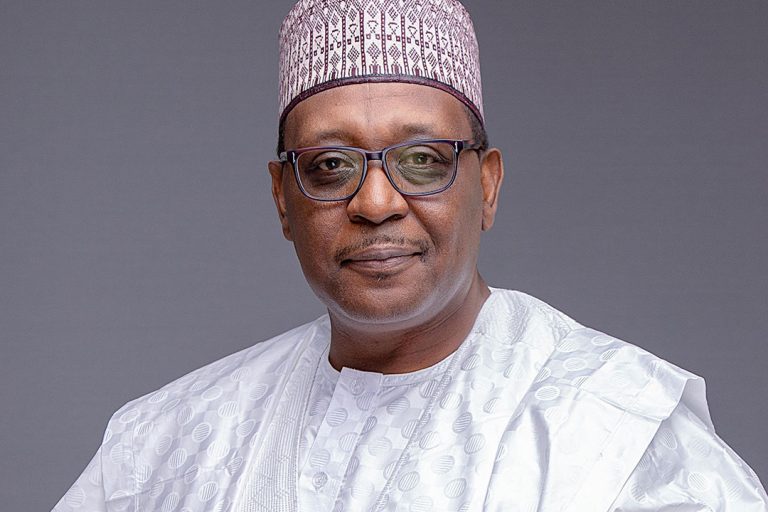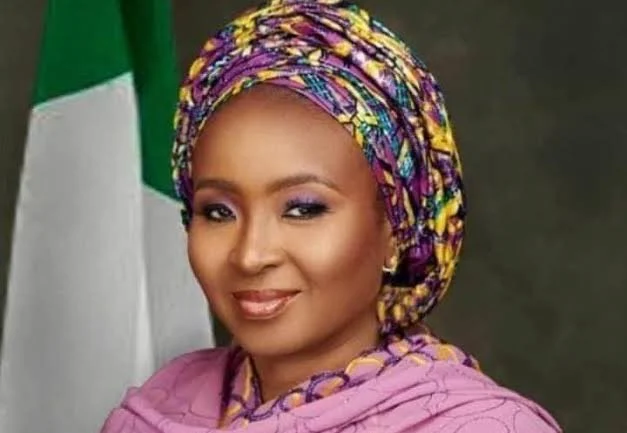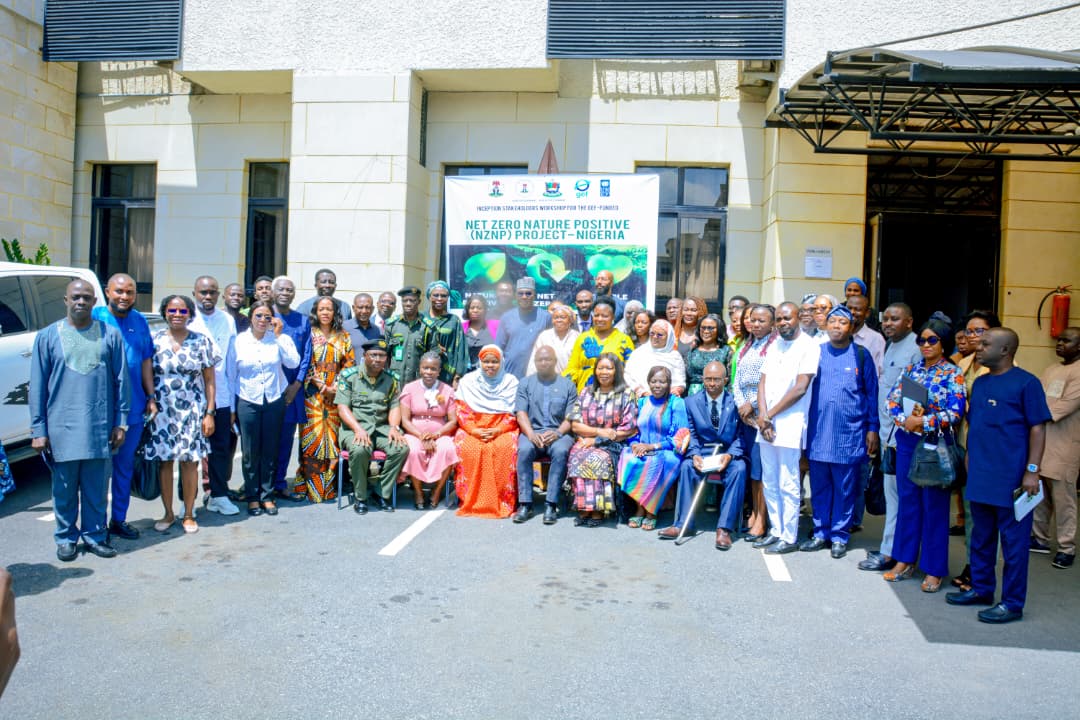2025 World Mental Health Day: There Is No Health Without Mental Health – Professor Pate Tells Nigerians, Call for Urgent Community’s Support

By Fatima Saka
Too often, attention has been focused on physical health, while mental health receives little recognition. Yet, there is no health without mental health, Coordinating Minister of Health and Social Welfare, Professor Muhammad Ali Pate, CON, highlighted.
Professor Pate who was represented by Mrs. Tetshoma Temietan Dafeta, Director of Human Resource Management, during a ministerial press briefing on the commemoration of the 2025 World Mental Health Day in Abuja, called on Nigerians to break the silence around mental health and support nationwide efforts to make quality mental health services accessible, equitable, and stigma-free.

Pate said the commemoration, themed “Access to Services: Mental Health in Catastrophes and Emergencies,” is particularly relevant for Nigeria, where millions face distress due to conflicts, disasters, and economic hardship.

He warned that one in five people in crisis situations suffer from depression, anxiety, or post-traumatic stress disorder, underscoring the urgent need for stronger investment and community support.
“Addressing mental health is not only about healing, it’s about rebuilding our society and our economy,” the minister said. “When we invest in mental health, we give people the strength to recover, to work, and to build. In doing so, we make our nation stronger, more resilient, and more prosperous.”
He highlighted ongoing reforms under the administration, including:
The National Mental Health Act 2021, which provides legal protection and structure for care;
The Revised National Mental Health Policy 2023, promoting integration of mental health into the wider health system;
The National Suicide Prevention Strategic Framework 2023–2030, addressing the rising rate of suicide; and
The contextualization of WHO’s mhGAP 3.0, approved by the National Council on Health in 2024 to integrate mental health into primary health care nationwide.
Pate also announced that the Federal Government is advancing the decriminalization of attempted suicide, with the process now at an advanced stage through a national task force inaugurated in 2024.
He noted that efforts are ongoing with the National Health Insurance Authority (NHIA) to ensure financial protection for Nigerians with mental health conditions, emphasizing that care should not push citizens into poverty.
Pate urged all Nigerians, health workers, civil society, the private sector, and the media, to act collectively in ending stigma and ensuring support for mental well-being.
“Mental health is not just a health issue. It is a social, economic, and human rights issue,” he said. “Addressing it is not optional, it is essential for our nation’s well-being, productivity, and progress.”
The Permanent Secretary of the Ministry, Daju Kachollom, mni, represented by Dr. Jimoh Salaudeen, described this year’s theme as timely, noting that emergencies such as conflict and economic crises
“Leave deep emotional and psychological scars that require urgent, compassionate responses,” she said.
In his goodwill message, the World Health Organization (WHO) Country Representative to Nigeria, Dr. Pavel Ursu, represented by Dr. Mary Dewan, commended the Federal Ministry of Health for its leadership in strengthening Nigeria’s mental health system.
He revealed that WHO has been supporting the integration of mental health services into primary and secondary health care, particularly in conflict-affected states like Borno, Adamawa, and Yobe.
In a goodwill message, Abdulazeez Musa, Country Director of CBM Global Nigeria, commended the Federal Government’s leadership and partnership in advancing inclusive mental health systems, saying, “Our collaboration has demonstrated how community-led, rights-based mental health programs restore hope and dignity to those affected.”
Responding to journalists’ questions after the event, Dr. Ojo Tunde, National Coordinator of Mental Health, explained that mental health services are already part of the NHIA’s minimum benefit package but stressed the need for greater inclusion at the state level.
He said while mental health is covered under the national insurance framework, state health insurance authorities must include it as part of their minimum service packages to ensure wider coverage, particularly for vulnerable populations.
“It’s not about bringing mental health into insurance; it’s about turning it into action,” Dr. Ojo stated. “State health insurance authorities must implement what has already been approved so that services reach those most in need.”
Dr. Ojo further disclosed that the Federal Government, through partnerships with organizations such as Johnson & Johnson, is working to make psychiatric medications more affordable and available nationwide.
He added that Nigeria now has 10 Federal Neuropsychiatric Hospitals, up from eight two years ago, along with mental health units in teaching and general hospitals, including the General Hospital Karu, National Hospital Abuja, FMC Jabi, and the University of Abuja Teaching Hospital.
On the shortage of human resources, he said over 60,000 health workers have been recruited across 50 hospitals nationwide through waivers granted by the ministry, while medical schools are expanding admission quotas to address migration and manpower gaps.
He also pointed to the rising issue of substance abuse, revealing that the 2018 national survey recorded 14.3 million Nigerians using drugs, with the upcoming 2025 survey expected to show an increase. To tackle this, he said, the government has launched harm reduction programs such as Medication-Assisted Treatment (MAT) in states including Gombe and Kwara to support individuals struggling with addiction.
READ ALSO: WHO Urges Nigeria to Integrate Mental Health Support into Emergency Response Systems
If Budget Works Well, Nigeria Economy Will Work Well — Senate Moves to Strengthen Fiscal Reforms
Dr. Ojo added that integrating mental health into primary health care remains a key strategy to bridge service gaps. “Frontline workers are being trained to identify, manage, and refer to mental health cases appropriately.
“The government is committed to ensuring that every Nigerian, regardless of location or status, has access to compassionate and affordable mental health care,” added.





